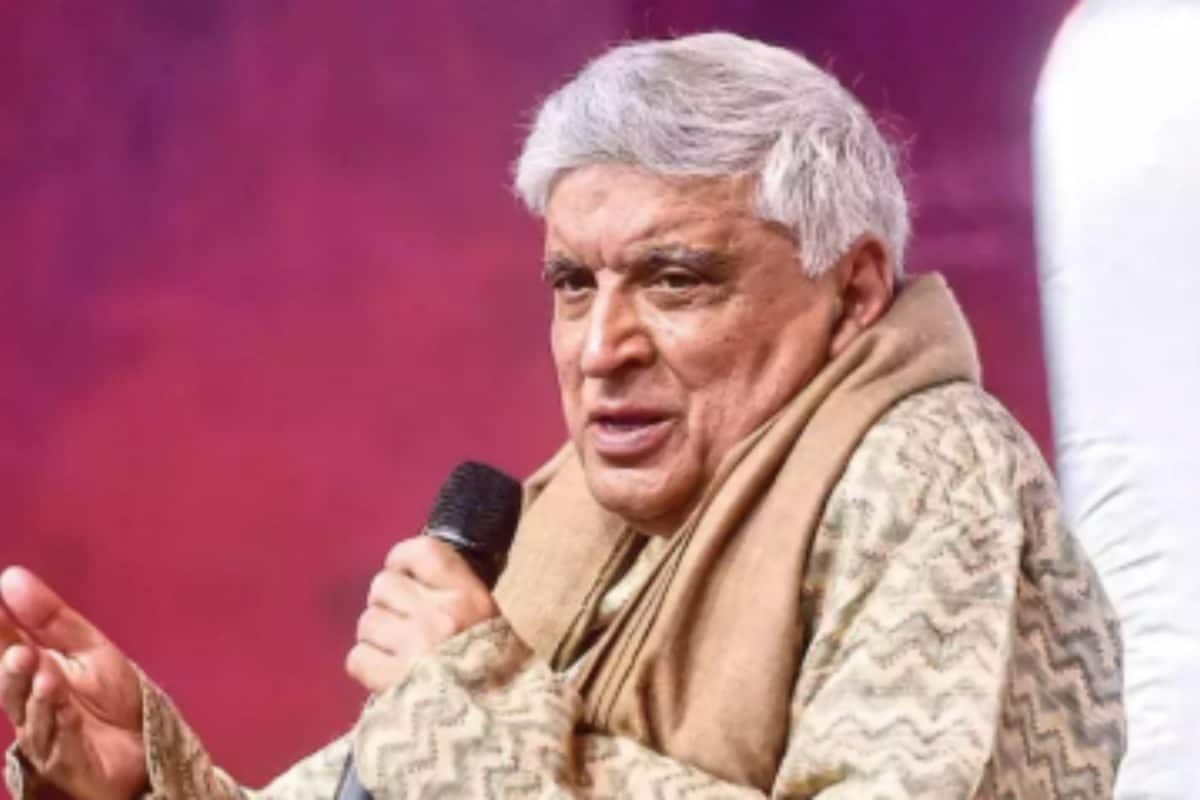

Veteran writer and lyricist Javed Akhtar has sparked a debate about the silence of Indian actors when it comes to criticizing the government, drawing a comparison with Hollywood star Meryl Streep. Akhtar, known for his outspoken views, suggested that Indian actors might be hesitant to speak out due to fear of potential repercussions from the government.
Akhtar pointed out that Meryl Streep, in 2017, used her Golden Globe acceptance speech to openly criticize then-US President Donald Trump. She spoke against Trump's behavior and policies, urging Hollywood to stand strong against attacks and support a free press. Akhtar implied that such a direct form of protest might be less common in India because of a perceived risk of government reprisal. He stated that in India, actors may fear actions by the Enforcement Directorate (ED), the Central Bureau of Investigation (CBI), or income tax raids if they express dissent.
He acknowledged that members of the Indian film industry operate within society like regular people, albeit with more visibility. This heightened visibility, he suggests, makes them more susceptible to scrutiny and potential targeting. Akhtar doesn't necessarily fault other industry members for not being as vocal as he is, understanding the environment of perceived insecurity.
Akhtar's comments have resonated within the Indian film industry and political circles, igniting discussions about freedom of expression, government influence, and the role of artists in a democracy. Some observers have supported Akhtar's views, emphasizing the importance of dissent and holding power accountable. Others have criticized his statements, arguing that Indian actors have the right to choose whether or not to engage in political commentary.
The context of Akhtar's remarks is also important. In recent years, India has witnessed a growing debate about the limits of free speech and the government's tolerance of dissent. Several journalists, activists, and artists have faced legal challenges and online harassment for expressing critical views. This has led to concerns about a chilling effect on freedom of expression and the potential for self-censorship.
It's worth noting that Akhtar himself has faced criticism and controversy for his outspoken views. He has been a vocal critic of Pakistan, particularly regarding the 2008 Mumbai attacks, and has often spoken about the need for greater cultural exchange between the two countries. Following the terror attack in Pahalgam, Akhtar condemned the violence and criticised those targeting Kashmiris, asserting that such actions furthered Pakistan's agenda.
The comparison to Meryl Streep also brings up the different political and cultural contexts of the US and India. The US has a long tradition of celebrity activism, with many actors and musicians using their platform to advocate for social and political causes. In India, while there are certainly politically active celebrities, the environment can be more fraught with risk, given the highly polarized political landscape and the potential for backlash from both the government and certain segments of the public.
Ultimately, Javed Akhtar's critique highlights the complex relationship between Indian actors, the government, and freedom of expression. It raises important questions about the role of artists in society and the extent to which they feel safe to express their views without fear of reprisal.